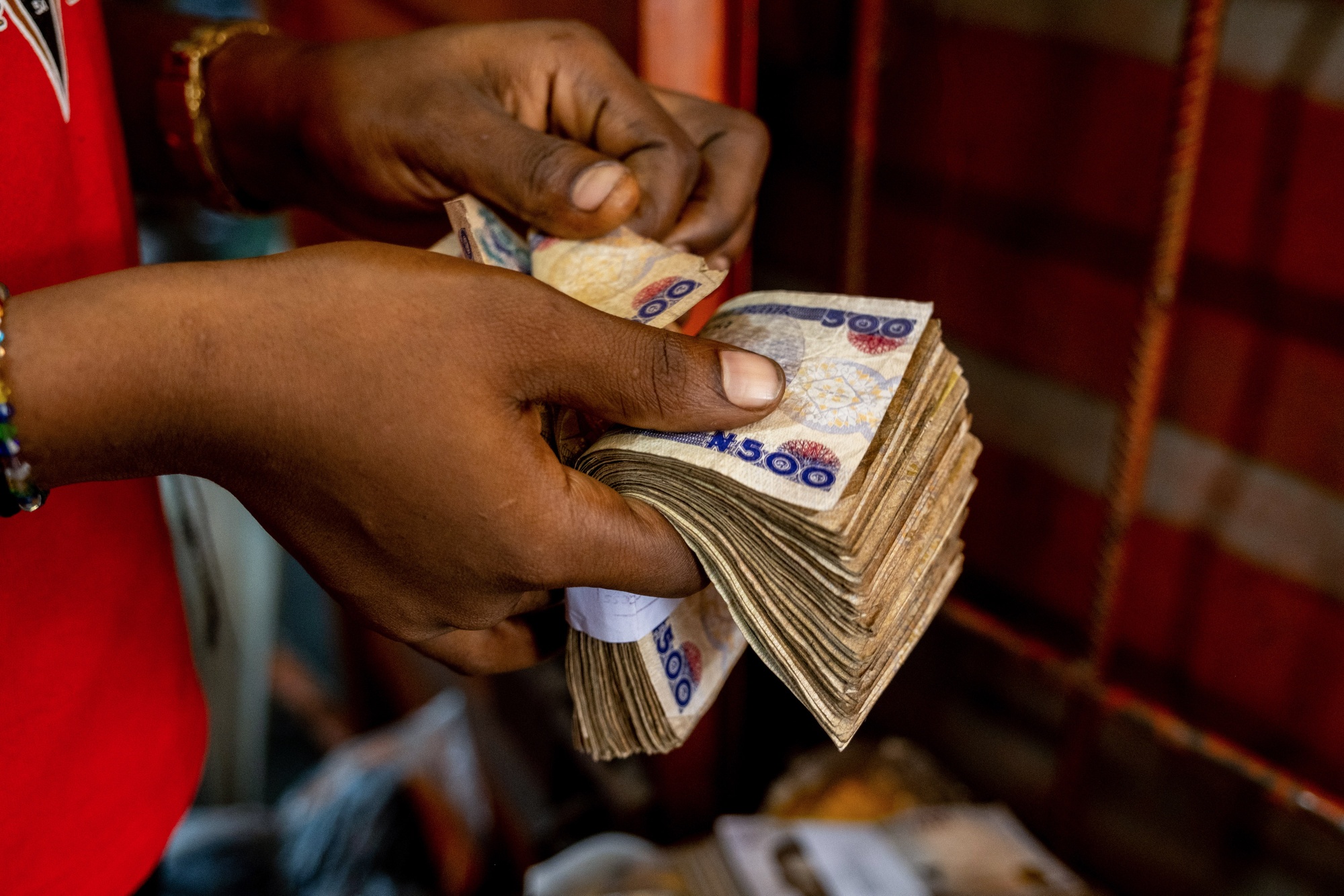Nigeria’s decision to let the Naira fall sharply not once but twice in the span of eight months is anything but an act of economic desperation. Instead, it’s a bold move, a calculated strategy as the West African giant aims to clean up its convoluted exchange rate system and woo investors to its struggling economy.
The Naira’s recent tumble, following a change in the official exchange rate calculation, brings it closer to the black market rate, a maneuver seen as aligning with President Bola Tinubu’s market-friendly reforms. Since taking office last May, Tinubu has been on a mission to dismantle the artificially high peg maintained by his predecessor, a move that, while stabilizing, had made Nigeria a less attractive destination for multinational investment due to inflated costs.
A New Dawn for Investment
The shift to a single exchange rate system is anticipated to simplify the investment landscape in Nigeria. Charlie Robertson, a macro strategy expert at FIM Partners, views this adjustment as a potential magnet for investment, proposing that the official adoption of a more competitive Naira rate could invigorate the economy with much-needed dollars.
This change, spearheaded by FMDQ Group’s revision of the exchange rate calculation methodology, aims to offer a transparent reflection of market conditions, enhancing price formation and market stability. The Naira’s dive to a near 40% devaluation against the dollar in the official market underlines a pivotal moment in Nigeria’s economic reform journey, setting the stage for a recalibration of investor confidence and market dynamics.
Tackling Economic Challenges Head-On
The backdrop to this bold currency move is a series of economic challenges that Nigeria has been grappling with. From the fallout of foreign exchange liquidity issues to the daunting task of clearing a $5 billion backlog in mature forward contracts, the Central Bank of Nigeria (CBN) is under pressure to stabilize the economy and reassure investors. Despite these hurdles, there’s a silver lining in the form of a $3 billion boost from a state oil company deal with the African Export-Import Bank (Afrexim), alongside efforts to secure additional funding from the World Bank to alleviate liquidity concerns.
However, the road to economic stability is fraught with obstacles, including the struggle to increase crude oil production and the ongoing difficulty for businesses to repatriate revenues. The plight of foreign airlines, with Emirates suspending flights and $700 million in trapped funds still awaiting release, underscores the urgency of addressing the hard currency shortages that have deterred investment. The U.S. Secretary of State’s recent comments further highlight the capital repatriation issue as a significant barrier to maximizing investment opportunities in Nigeria.
Despite the challenges, Nigeria’s revised exchange rate methodology could be a turning point, offering a more transparent and market-reflective pricing mechanism that aligns with the Central Bank’s commitment to addressing foreign exchange backlogs and improving liquidity. This strategic devaluation, while stirring initial market volatility, may ultimately pave the way for a more balanced and investment-friendly economic environment. The move signals a departure from previous policies, underlining a willingness to embrace change and adopt measures that could stimulate economic growth and attract foreign investment.





